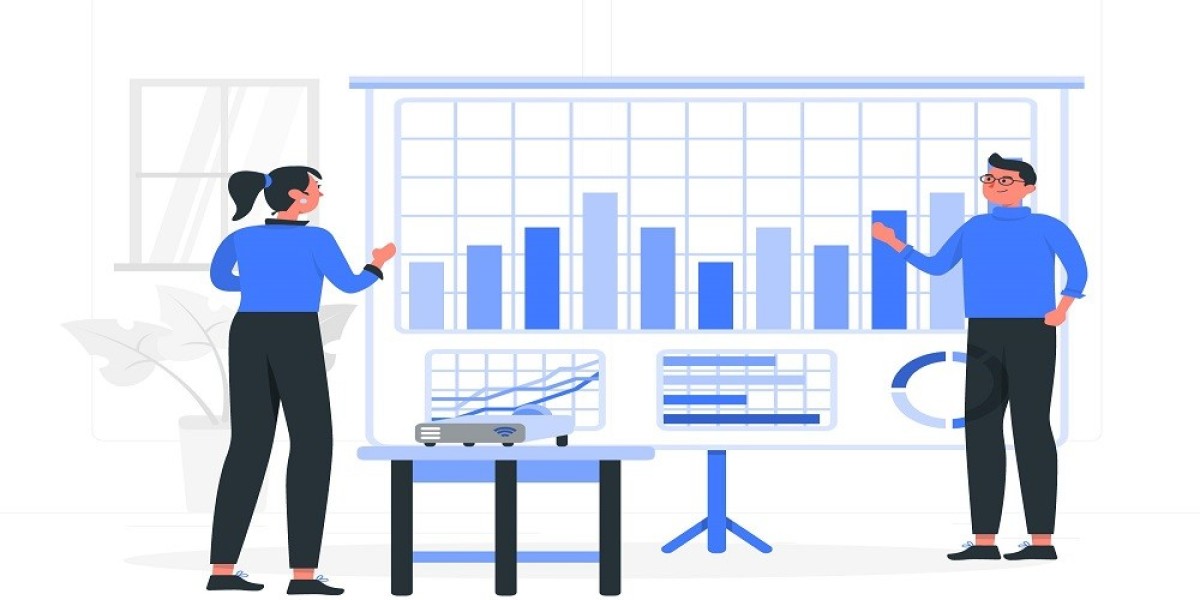Demand forecasting is a critical aspect of modern business strategy, providing companies with valuable insights into future consumer demand and market trends. In today's rapidly changing economic landscape, the ability to accurately predict demand is essential for maintaining competitiveness and driving growth. Let's explore in detail the significance of demand forecasting in today's economy:
Understanding Demand Forecasting
Demand forecasting is the process of estimating future demand for products or services based on historical data, market trends, and other relevant factors. It involves analyzing various inputs such as sales data, economic indicators, consumer behavior, and external factors to predict future demand patterns. By leveraging advanced analytics and predictive modeling techniques, businesses can generate forecasts that guide decision-making across multiple functions.
Strategic Decision-Making
Demand forecasting serves as a cornerstone for strategic decision-making within organizations. By providing insights into future demand trends, businesses can make informed decisions regarding production planning, inventory management, pricing strategies, and resource allocation. For example, a retail company may use demand forecasts to determine optimal inventory levels, allocate marketing budgets, and plan promotional campaigns. These strategic decisions enable businesses to align their operations with anticipated market conditions, optimize costs and maximizing profitability.
Supply Chain Optimization
Optimizing the supply chain is crucial for businesses to meet customer demand efficiently while minimizing costs and risks. Demand forecasting plays a vital role in supply chain optimization by providing visibility into future demand requirements. By accurately predicting demand fluctuations, businesses can streamline procurement, production, and distribution processes, thereby reducing lead times, minimizing inventory carrying costs, and improving overall supply chain efficiency. This enables businesses to respond quickly to changes in market demand and maintain high levels of customer satisfaction.
Inventory Management
Effective inventory management is essential for businesses to balance supply and demand effectively. Demand forecasting helps businesses optimize inventory levels by providing insights into future demand patterns. By aligning inventory levels with anticipated demand, businesses can avoid stockouts, reduce excess inventory, and optimize storage space utilization. This not only improves cash flow and working capital management but also enhances customer satisfaction by ensuring product availability and timely order fulfillment.
Financial Planning and Risk Management
Demand forecasting plays a crucial role in financial planning and risk management by providing insights into future revenue projections, cash flow expectations, and investment requirements. By incorporating demand forecasts into financial models and budgeting processes, businesses can make informed decisions about capital investments, pricing strategies, and resource allocation. Moreover, demand forecasting enables businesses to identify and mitigate risks associated with demand volatility, market fluctuations, and competitive pressures, thereby enhancing overall business resilience and stability.
Market Competitiveness
In today's hyper-competitive business environment, market competitiveness hinges on the ability to anticipate and respond effectively to changing customer needs and market dynamics. Demand forecasting equips businesses with the foresight to proactively adapt their strategies, offerings, and value propositions to meet evolving market demands. By staying ahead of the curve and continuously innovating, businesses can differentiate themselves from competitors, capture market share, and sustain long-term growth and profitability.
Conclusion
In conclusion, demand forecasting is of paramount importance in today's economy, serving as a cornerstone for strategic decision-making, supply chain optimization, inventory management, financial planning, risk management, and market competitiveness. As businesses navigate the complexities of a rapidly evolving economic landscape, the ability to accurately predict future demand trends and consumer behavior is essential for maintaining agility, resilience, and relevance. By leveraging demand forecasting effectively, businesses can unlock new opportunities, mitigate risks, and achieve sustainable success in today's dynamic business environment.
1. What is demand forecasting?
Demand forecasting is the process of estimating future demand for products or services based on historical data, market trends, and other relevant factors. It involves analyzing various inputs such as sales data, economic indicators, and consumer behavior to predict future demand patterns.
2. Why is demand forecasting important for businesses?
Demand forecasting is crucial for businesses as it helps them make informed decisions about production planning, inventory management, pricing strategies, and resource allocation. By accurately predicting future demand, businesses can optimize their operations, reduce costs, and maximize profitability.
3. What are the common methods used for demand forecasting?
There are several methods used for demand forecasting, including time series analysis, regression analysis, and machine learning algorithms. Each method has its strengths and limitations, and businesses often use a combination of techniques to generate more accurate forecasts.
4. How often should businesses update their demand forecasts?
The frequency of demand forecast updates depends on various factors, including industry dynamics, market volatility, and product lifecycle. In general, businesses should update their demand forecasts regularly to reflect changes in market conditions and consumer behavior accurately.
5. How can businesses improve the accuracy of their demand forecasts?
Businesses can improve the accuracy of their demand forecasts by collecting high-quality data, using advanced analytics and modeling techniques, and incorporating market intelligence and expert judgment into the forecasting process. Additionally, businesses should regularly review and validate their forecast assumptions to ensure relevance and reliability.
6. What are the benefits of demand forecasting?
Demand forecasting offers several benefits to businesses, including improved inventory management, better resource allocation, enhanced customer satisfaction, and increased competitiveness. By accurately predicting future demand, businesses can optimize their operations, reduce costs, and gain a competitive edge in the marketplace.
Predict your sales volume and demand trends with our Artificial Intelligence-based SaaS platform visit: https://thousense.ai/
Source: https://diigo.com/0vwbsr








